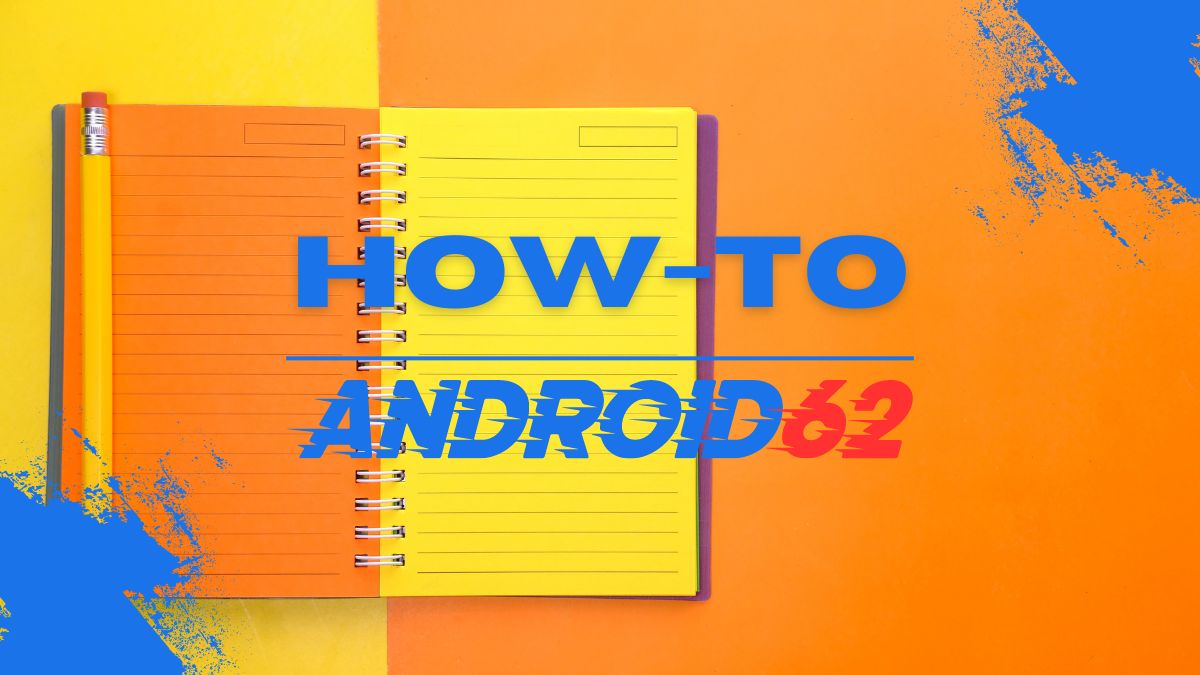
Introduction
Removing vinyl flooring may seem like a daunting task, but with the right tools and techniques, it can be done efficiently and effectively. Whether you are looking to upgrade the flooring in your home or replace damaged vinyl, this guide will provide you with step-by-step instructions on how to remove vinyl flooring.
Materials Needed
Before you begin the process of removing vinyl flooring, gather the following materials:
- Utility knife
- Heat gun or hair dryer
- Pry bar or floor scraper
- Gloves
- Pliers
- Floor adhesive remover
- Broom and dustpan
Step-by-Step Guide
Step 1: Prepare the Area
Before you start removing the vinyl flooring, make sure to prepare the area by removing any furniture or appliances in the way. This will give you more space to work and prevent any damage to your belongings.
Step 2: Cut the Vinyl
Use a utility knife to cut the vinyl flooring into manageable strips. Start by cutting along the seams between the vinyl tiles or sheets. This will make it easier to remove the vinyl in sections.
Step 3: Apply Heat
Using a heat gun or hair dryer, apply heat to the vinyl flooring. This will soften the adhesive underneath, making it easier to lift and remove the vinyl. Be sure to wear gloves to protect your hands from the heat.
Step 4: Start Peeling
Once the vinyl is heated, use a pry bar or floor scraper to start peeling it away from the subfloor. Work slowly and carefully to avoid damaging the subfloor underneath.
Step 5: Remove Adhesive
After removing the vinyl, you may find that there is residual adhesive left on the subfloor. Use a floor adhesive remover to soften the adhesive and scrape it away with a scraper or putty knife.
Step 6: Clean the Subfloor
Once all the vinyl and adhesive have been removed, sweep the subfloor to remove any debris or dust. You can also use a damp cloth to wipe down the surface and ensure it is clean and ready for new flooring.
Tips and Tricks
- Work in small sections: Removing vinyl flooring can be time-consuming, so work in small sections to prevent fatigue and ensure thorough removal.
- Use protective gear: Wear gloves to protect your hands from sharp edges and heat when using a heat gun.
- Be patient: Removing vinyl flooring can be a tedious process, so take your time and work carefully to avoid damaging the subfloor.
- Consider hiring a professional: If you are unsure about removing vinyl flooring yourself, consider hiring a professional to ensure the job is done properly.
Conclusion
Removing vinyl flooring may require time and effort, but with the right tools and techniques, it can be done successfully. By following the steps outlined in this guide and using the tips provided, you can remove vinyl flooring and prepare your space for new and improved flooring. Don’t hesitate to seek professional help if needed, to ensure a seamless and hassle-free process.



